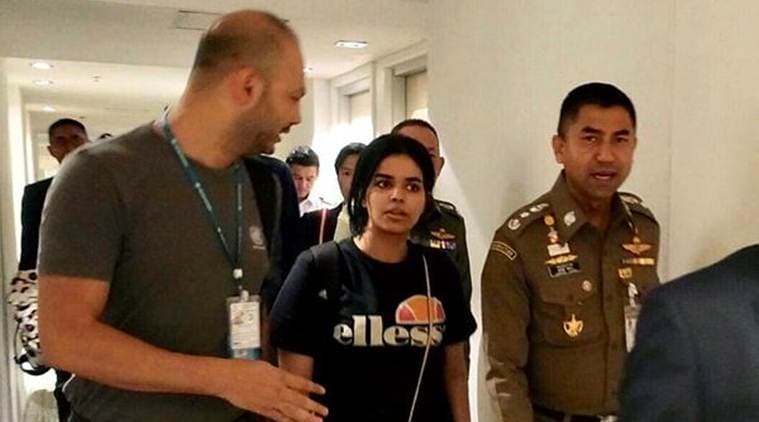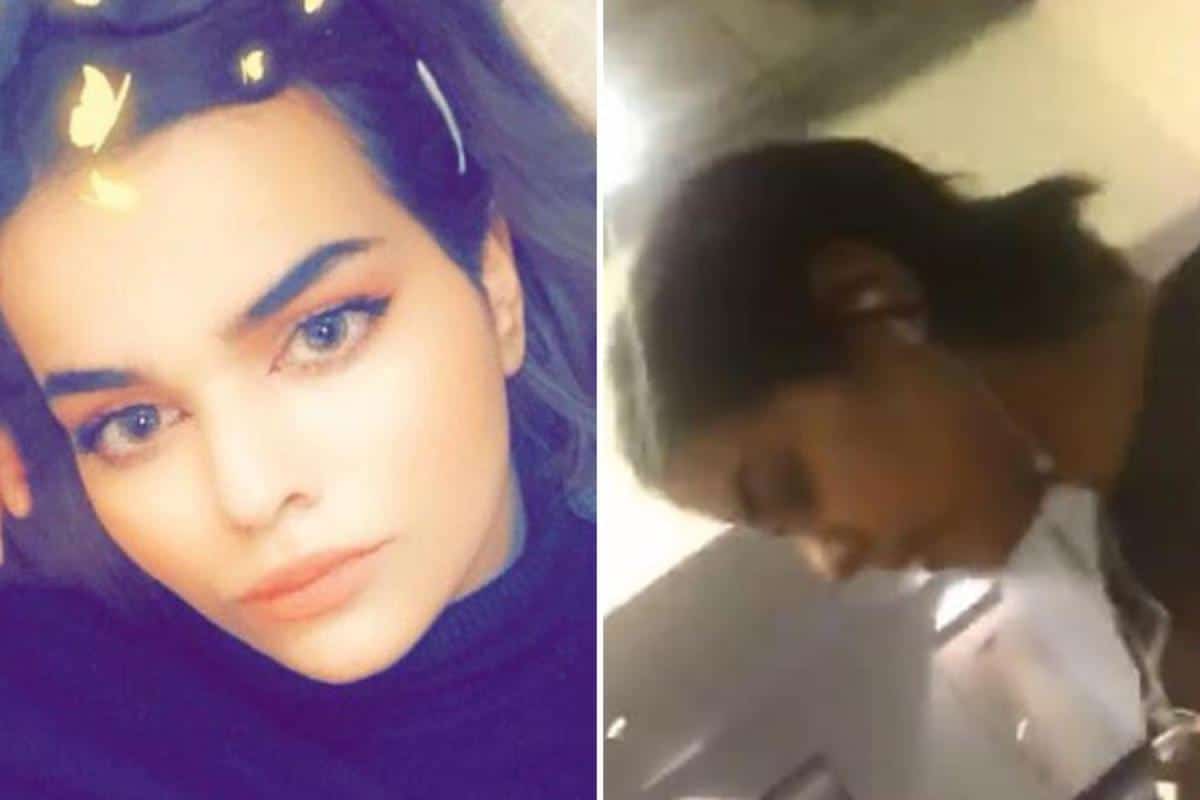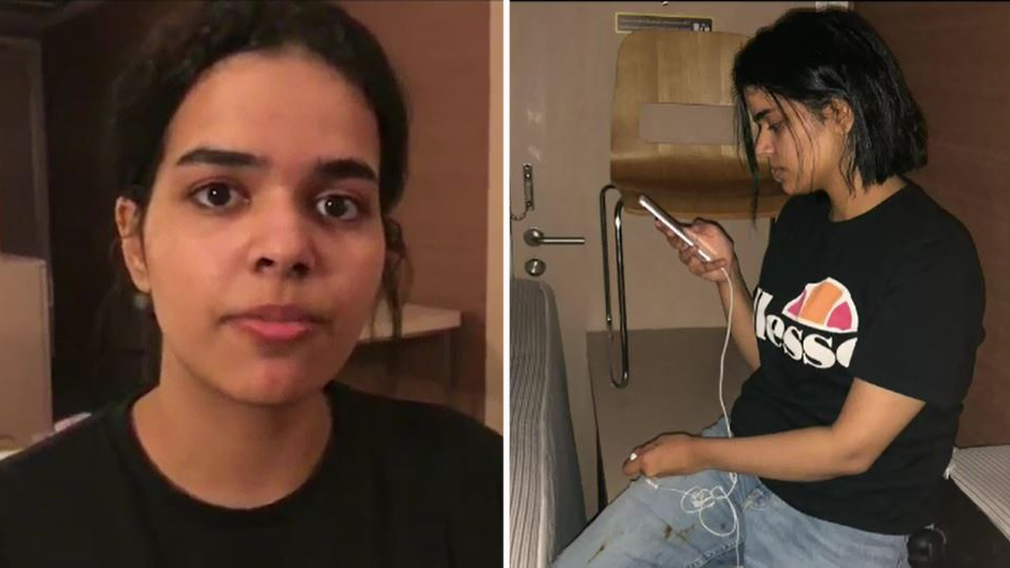

My brothers would try to scare me into conforming by saying the mutaween would come and get me.

My brother Majed was the toughest he had very strong opinions about girls – their appearance and behaviour usually enraged him. Like me, my female friends and cousins were all controlled by their brothers. I was told you can never walk in public, and if you must work, you can only become a teacher in an all-girls school. If there’s a knock at the door, you cannot answer you can’t say, “Who is there?” No one should hear a girl’s voice. You can’t open the window, even in your own bedroom. By the time I was nine, I was told not to open my legs ever and to always sit up straight with my legs crossed.Īs a girl you cannot sit outside, ever. My older brothers were my self-appointed guardians they controlled me, checked my every move. My father was the governor of al-Sulaimi, a city 177km away. We had a cook, a driver and a housekeeper and there were six family cars. My family are part of the elite: we lived in Salah al-Din in a nine-bedroom house with two kitchens, ten bathrooms, six sitting rooms.

Ha’il is the most conservative part of Saudi Arabia. My family are Sunni Muslims from the al-Shammari tribe that used to rule the Ha’il region until the Saud tribe took over. The boys wore jeans and T-shirts girls like me wore a jalabiya, which is a long, shapeless dress that covers your whole body. Good girls learn to take care of a house for a husband they wear hijabs to show that they are good. But she would only say, “If you’re a girl, you behave like a girl. I asked her why older girls and women wore hijabs. When I was seven, I asked my mother why I couldn’t play outside. Now she has written a book Rebel, which explains why she was so desperate to escape, and what it was like growing up as a woman in Saudi Arabia.

Happily for Mohammed (she dropped her family name of al-Qunun), Canada soon offered her asylum. Her face was beamed around the world her story covered by television networks and newspapers, who framed her plight as the ultimate escape from Saudi Arabia’s repressive regime. Within hours, the hashtag #SaveRahaf was trending, and by the end of the day her Twitter following had jumped from 24 followers to 27,000. I’m now in real danger because the Saudi embassy is trying to force me to return,” she posted in Arabic. Fast running out of options, she picked up her phone and started tweeting. However, at Bangkok airport she was detained by officials. It was January 2019 and the Saudi teenager had been on holiday with her family in Kuwait when she slipped away, intent on flying to Australia and claiming asylum. Rahaf Mohammed al-Qunun was just 18 when she captured the world’s attention.


 0 kommentar(er)
0 kommentar(er)
